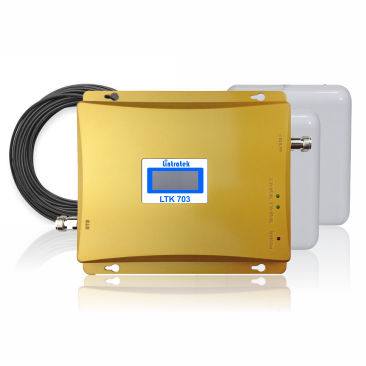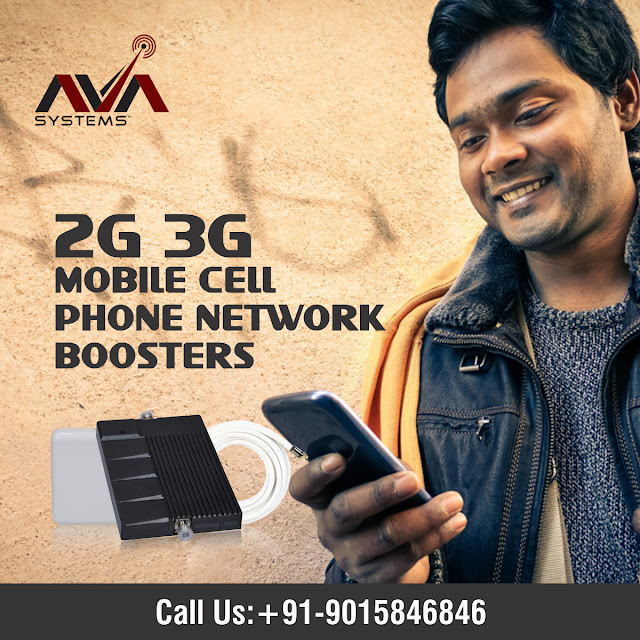Is It Possible To Make Large Scale Area Like A City/Town Wifi Enabled?
A lot of debate has been
witnessed on this particular topic since the Delhi chief Minister has announced
the proposed time for the implementation of the free WIFI in the capital from march
2018. The tender for the same will be awarded in December 2017.
The proposed project
claims to install 1000 WIFI routers at equivalent distance to serve the city
with free WIFI which was initially a part of Kejriwal's election
manifesto. A sum of 25 crore has been assigned for the first phase of the
project that is all set to be launched in the first quarter of the new year,
2018.
The question that
strikes the head of a layman is that how is it going to be implemented. There
will be a number of challenges that the government will have to face while
implementing this project in the capital, Delhi.
After a bit research on
the types of WIFIs available, I have learnt that there are basically three
types of WIFIs that can be broadly defined as:
1.Enterprise WIFI: Corporate offices,
stadiums, schools, colleges, airports, railway stations, hotels etc.
2.Managed Hotspots: Rural Wifi, highways, small offices, streets,
panchayats, etc.
3.Standalone Hotspots: Coffee shops, restaurants, grocery stores, petrol
pumps and other smaller premises.
Understanding the range
of these WIFIs, we know that the most suitable in the scenario where we want to
facilitate an entire city with WIFI, will be an Enterprise WIFI. This is
a type of WIFI that has a wide range of signal. Enterprise WIFIs are ideally
used to serve an elaborated vicinity like company/ college campuses, wide area
stretches, etc.
The Characteristics of
Enterprise WIFI
- Provides a centralized system for bigger coverage areas and high density requirements.
- Provision for External Captive Portal, Radius Server and Billing Gateway enables easy integration with any network.
- Dynamic RF Management with Self Configuration facilitates ease of installation.
- L2
and L3 Roaming provide uninterrupted user experience.
Configurable in Centralized Forwarding,Local Routing and Local Bridging Topologies. Hence, can be Backhaul and ISP independent.
The idea of a WIFI
enabled city can be brought to reality by installing enterprise WIFI routers at
every short distance. Since, the enterprise routers are capable of serving
a fairly large area, the concept of making an entire city WIFI enabled
seems to be practically possible.
Challenges to a WIFI
enabled city
We have already
addressed the first challenge that is, the challenge of serving an
area as wide as an entire city. The solution is - The Enterprise WIFI.
However, the second
biggest challenge that the government will face in delivering an effective WIFi
service to the citizens of Delhi will be excessive connections on one network. Being the second most populous country in the world, it is
actually very difficult to serve the masses with effective WIFI services. On
one hand, where India is abundant in manpower, at the same time when it comes
to serving the masses with such services, it is indeed a challenging task.
The possible way to
overcome the challenge of overpopulation within the capital can be solved by
installing additional modems in the area. Further, setting the switch capacity
to the max will help to connect more and more devices and at the same time
provide a satisfactory internet speed.
To serve the user base
in a given area, the most feasible solution is to install modems in
consideration with the demographics of a particular locality. Delhi is a city
which is not evenly populated. Some areas are more populated than the others.
Thus, if the number of modems along with routers are placed according to the
footfall in a given area, the results will be much more appreciable.
Your Turn Now!




Comments
Post a Comment